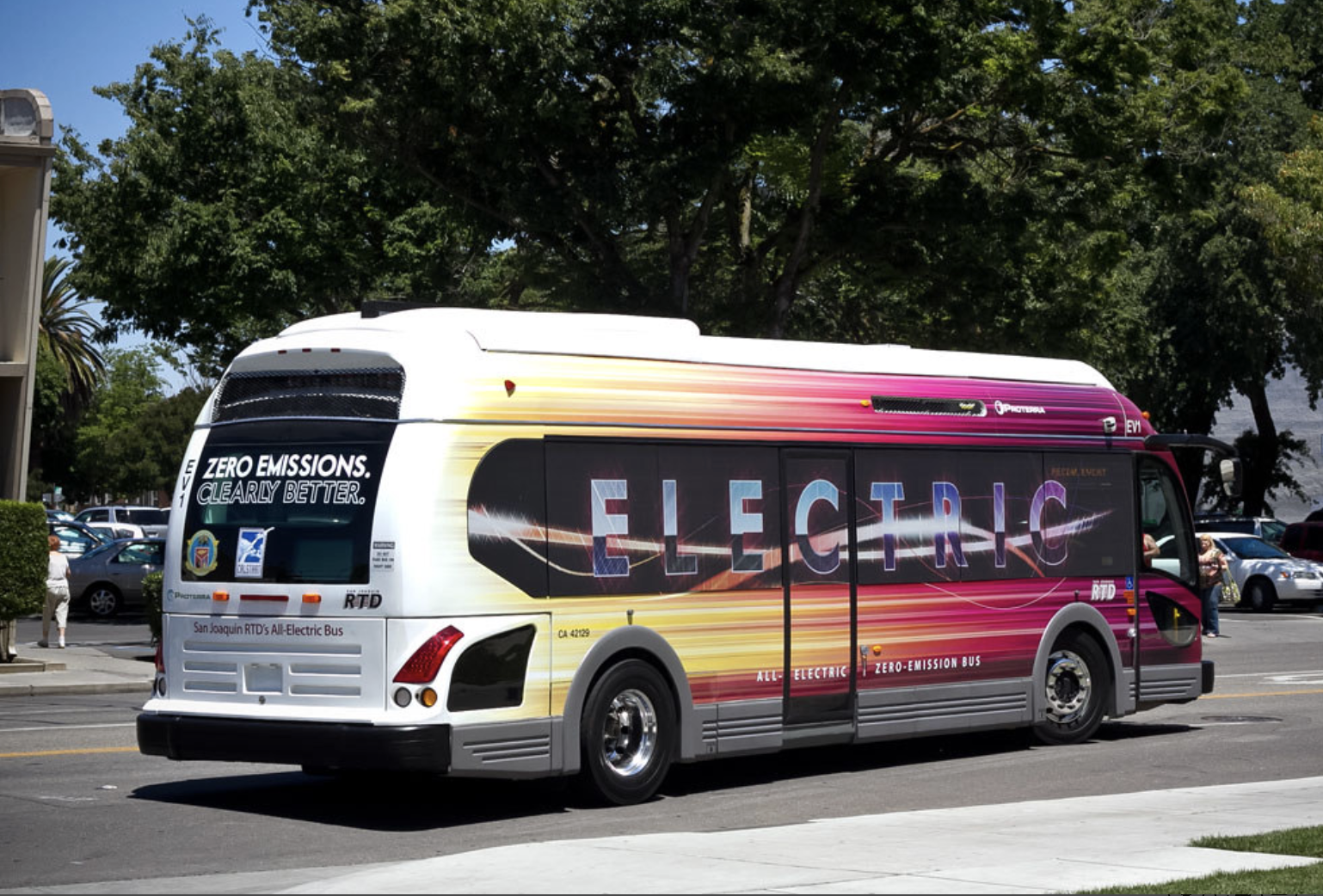The Low Carbon Fuel Standard (LCFS) is under attack as its critics exploit the public’s concerns about gas prices to undermine one of California’s most effective climate programs. As these attacks grow louder, policymakers must reject the cynical voices that seek to distract us from taking the important — and necessary — steps to reduce our dependence on fossil fuels and protect the LCFS.
Proposed amendments to the program, scheduled to be reviewed by the California Air Resources Board (CARB) on November 8, are set to ensure that, as the program moves forward, it delivers more significant service quality benefits to the millions of Californians who rely on, and benefit from, our public transit network.
Until recently, the LCFS has flown under the radar of everyday Californians as it has quietly worked to double the use of cleaner fuels in our state. The program sets a carbon intensity level, or target, for the fuel supply in California that is lowered over time. Fuel producers that do not meet this target must purchase credits from those who have met the target and generated a carbon deficit.
California transit agencies have been long-time participants of the program, as they generate sellable credits for the fuels they use for near or completely zero-emission service. This raises funds they are then able to invest in improving service frequency and quality and in their own decarbonization efforts.
Since the LCFS launched in 2011, the program has directed $700 million to California transit agencies — a level of investment that will grow, and have greater impact, over time as these agencies continue to lead the country in zero-emission vehicle adoption and navigate their pandemic-induced fiscal cliff.
The proposed amendments before CARB this week would take the critical step of ensuring that older zero-emission rail systems maximize their revenue from the program.
If California is serious about climate action, we must clean up our fuel supply while also reducing our dependence on fossil fuel-powered transportation. The LCFS, and the support it provides to California transit agencies, offers a proven path forward. Even as Californians increasingly make the switch to electric vehicles, and the cleaner fuel generated by LCFS reduces emissions, the state will need to continue giving people options beyond single-passenger car trips to its air quality and climate goals. The transportation sector accounts for half of the state’s greenhouse gas emissions, and CARB estimates show that by 2045 Californians will have to cut thirty percent of the miles they travel by car to achieve emissions targets. According to the state’s leading transportation agency, that means transit ridership must increase up to ten-fold.
Unfortunately for many transit agencies, the pandemic’s impacts have forced cuts on things like service frequency and necessary upgrades, and these cuts are making it challenging for agencies to innovate to bring riders back to their systems.
Beyond serving as an environmentally friendly alternative for commutes and everyday needs, transit is often the only transportation option for many Californians who otherwise would have no way of getting to jobs, school, or medical appointments. Service cuts have created hardships for people who rely on transit to get essential things done.
With the proposed amendments to LCFS, entities like the Los Angeles County Metropolitan Transportation Authority and the San Francisco Bay Area Rapid Transit District, which operate older rail lines, will be eligible to generate credits at levels equal to systems that operate newer lines, addressing an unfair penalty for communities and agencies that made early investments in building robust transit service.
The proposed amendments offer an important, but not perfect, fix. As an organization that supports the LCFS, the California Transit Association has raised concerns to CARB about new bureaucratic reporting requirements in the proposed amendments that could erode the benefits of participating in the program, including for some transit agencies. This issue can, and should, be addressed by CARB in the months following adoption of the proposed amendments.
With these technical concerns acknowledged, lower carbon in the fuel that is used in the state, further investment in zero-emission sources and support for public transportation make approval of LCFS a no-brainer. It’s important to focus on long-term solutions to the catastrophic impacts of climate change and not be deterred by the usual distractions in charting a path forward.






